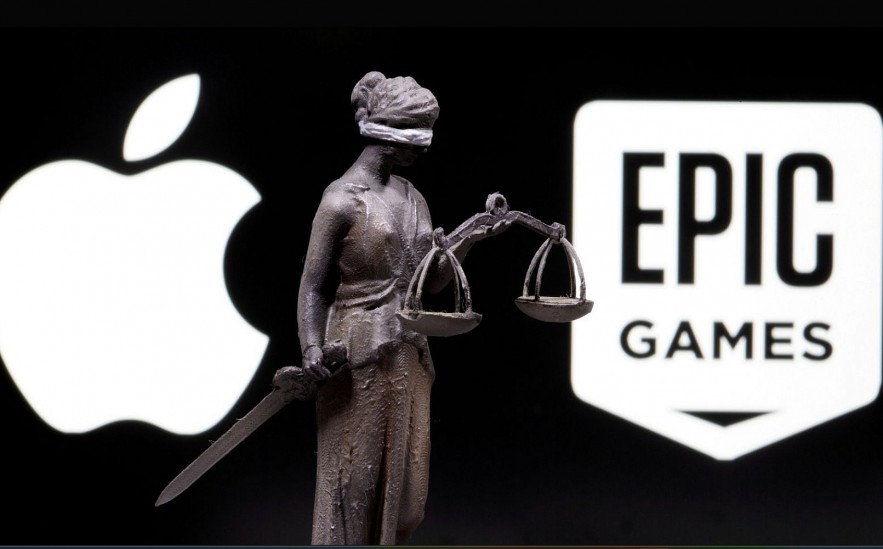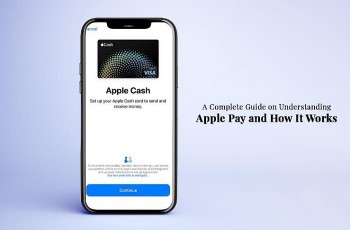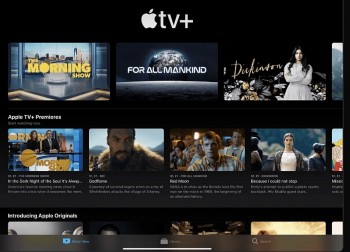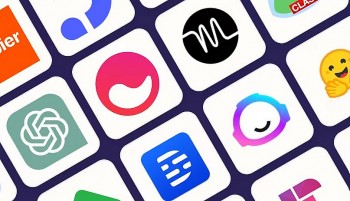Apple Appeals Contempt Ruling in Epic Games Case Over App Store Monopoly
 |
| Epic Games vs. Apple |
The judge had found Apple in contempt for violating a 2021 injunction related to its App Store practices, stemming from an antitrust lawsuit brought by Epic Games.
Background: Epic Games vs. Apple
The legal battle began in August 2020 when Epic Games, the creator of Fortnite, introduced a direct payment option in its iOS app, bypassing Apple's in-app purchase system. Apple responded by removing Fortnite from the App Store, leading Epic to sue Apple for anticompetitive behavior.
In 2021, Judge Gonzalez Rogers issued an injunction requiring Apple to allow developers to direct users to alternative payment methods outside the App Store. However, in April 2025, the judge ruled that Apple had willfully violated this injunction by imposing a 27% fee on external purchases and using "scare screens" to discourage users from using third-party payment options.
Apple's Appeal
Apple's appeal argues that the company did not violate the court's earlier order and seeks to overturn the contempt ruling. The company maintains that its actions were in compliance with the injunction and that the measures implemented were necessary to protect user security and privacy.
Potential Criminal Contempt
Judge Gonzalez Rogers also referred Apple and one of its executives to federal prosecutors for a possible criminal contempt investigation, citing deliberate delays and misinformation. The judge accused Apple's Vice President of Finance, Alex Roman, of lying under oath about the company's 27% commission on external purchases.
Epic Games' Response
Epic Games has announced plans to reintroduce Fortnite to the U.S. iOS App Store using its Sweden-based developer account. This move comes after Apple terminated Epic's U.S. developer account in 2020 for implementing an unauthorized in-app payment system.
New Class Action Lawsuit
Following the contempt ruling, Apple faces a new class action lawsuit filed by app developer Pure Sweat Basketball. The lawsuit alleges that Apple's actions caused developers to pay inflated commissions, leading to damages estimated in the hundreds of millions or even billions of dollars. The lawsuit represents up to 100,000 developers and demands that Apple return these funds.
Implications for Apple's Business Model
This legal battle highlights ongoing scrutiny over Apple's App Store policies and could have significant implications for the company's revenue model and its relationship with app developers. The App Store generates tens of billions annually, and any weakening of its fee structure could impact Apple's broader financial ecosystem.
Conclusion
Apple's appeal sets the stage for a significant legal showdown that could reshape the future of app distribution in the U.S. The outcome will be closely watched by developers, regulators, and consumers alike, as it may determine the extent of Apple's control over its App Store and the broader mobile app ecosystem.
 Understanding Apple Pay And How It Works Understanding Apple Pay And How It Works Do you wish you knew how easy it is to pay with your Apple devices? The solution is Apple Pay. What follows is a primer ... |
 Who is Ron Wayne - The Unknown Founder of Apple Who is Ron Wayne - The Unknown Founder of Apple Who is the Third Founder of Apple: Ron Wayne was the third founder of Apple, in addition to Steve Jobs and Steve Wozniak. He did, ... |
 Steps to Download Movies and TV Shows from Apple TV+ Steps to Download Movies and TV Shows from Apple TV+ This guide offers a thorough explanation of how to manage your downloads, fix common problems, and download movies and TV series from Apple TV+. |























